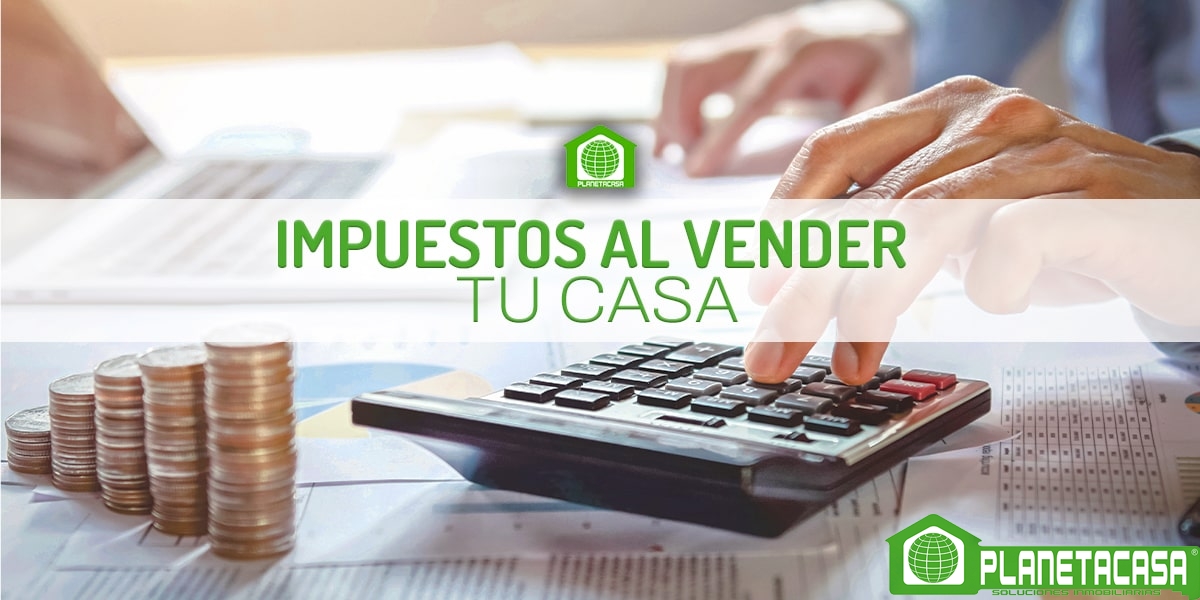
Taxes When Selling a House: What Every Homeowner Should Know
Introduction to Property Sales Taxes
Understanding the taxes associated with selling a property is crucial for any homeowner. This guide is designed to simply and clearly break down the different taxes you may face when selling your home.. We will provide valuable information to help you navigate these tax commitments efficiently..
Main Taxes When Selling a House
Municipal capital gains (Tax on the Increase in Value of Urban Land)
Municipal capital gains is a tax that is applied to the increased value of urban land at the time of its sale.. The tax base of this tax is calculated from the increase in the value of the land during the period in which it was owned by the seller.. For example, If you bought your property for 200,000 euros and sell it for 250,000 euros, The tax would be calculated on the difference of 50,000 euros, adjusted for years of ownership and applicable coefficients according to the local council.
Personal Income Tax (PERSONAL INCOME TAX) by Capital Gain
When you sell a property and make a profit, es decir, you sell at a higher price than what you bought, This gain is considered a capital increase and is subject to personal income tax.. The rate may vary between 19% and the 23% depending on the amount of profit. Deductions for improvements made to the property or expenses associated with the sale (such as attorney and real estate agent fees) can reduce the tax base.
Tax Deductions and Exemptions when Selling your House
Some sellers may be exempt from paying certain taxes or benefit from significant deductions under certain conditions:
Reinvestment in habitual residence: If you reinvest the money obtained from the sale of your main home in the purchase of another main home within the following two years, You can be exempt from paying taxes on capital gains.
Age exemption: The older owners of 65 years are exempt from paying personal income tax for the sale of any type of property, as long as it has been your habitual residence for at least three years before the sale.
Special Cases in the Sale of Properties
Sale of a Regular Home
If you sell your habitual residence and reinvest the money received in another habitual residence within a period of two years, You may qualify for a full capital gain exemption. Proper documentation of both the sale and purchase is essential to ensure compliance and access to this exemption..
Sale by Senior or Dependent Owners
The older sellers of 65 years or those declared in a situation of severe dependency are exempt from paying personal income tax on the profit obtained from the sale of their habitual residence. This measure seeks to facilitate the management of assets in advanced stages of life, allowing individuals to reorganize their finances without additional tax worries.
Tips to Minimize Taxes When Selling Your Home
Planning ahead can help you significantly reduce taxes:
Choose the right time: Selling when market values are high but considering the tax impact based on your personal situation can be crucial.
Keep all receipts: Keep a detailed record of all improvements made to the property, since these costs can be deducted from the capital gain.
Selling a property is a significant process that involves several tax aspects.. With the right information and preparation, you can handle these taxes effectively, ensuring a successful transaction. If you need personalized advice, do not hesitate to contact our experts.
Contact information
For more information or specific queries, contact us via:

